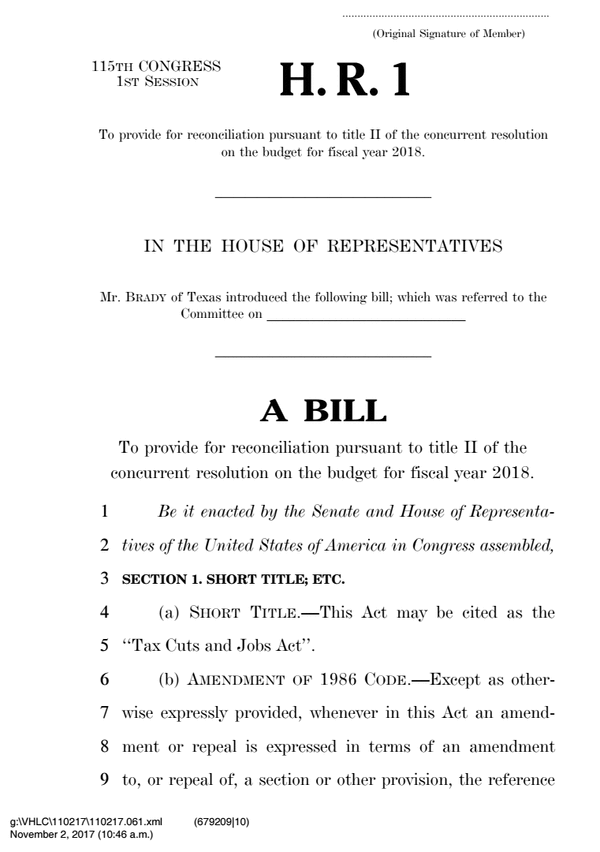How BYD Is Capitalizing On Ford's Retreat From The Brazilian EV Market

Table of Contents
Ford's Exit Creates a Vacuum in the Brazilian EV Market
Ford's decision to cease EV production and sales in Brazil marked a significant turning point for the country's electric vehicle landscape. While the exact market share Ford held before its exit requires further detailed analysis from market research firms, it's clear that their departure created a notable void. Ford cited several reasons for their retreat, highlighting the challenges inherent in the early stages of EV adoption in Brazil. These included:
-
Decreased consumer demand (initial stages of EV adoption): The Brazilian EV market, while growing, remains smaller compared to more established markets in Europe, China, or the US. Initial consumer hesitancy due to higher purchase prices and range anxiety contributed to slower adoption rates.
-
High import tariffs and production costs: Significant import tariffs on EV components and the challenges associated with establishing local manufacturing increased the overall cost of bringing EVs to the Brazilian market.
-
Lack of robust charging infrastructure: The limited availability of public charging stations across Brazil presented a significant barrier for potential EV buyers, fueling range anxiety.
-
Competition from established automakers: Competition from established automakers already present in the Brazilian market, offering both internal combustion engine (ICE) and some hybrid vehicles, further complicated Ford's EV strategy.
This combination of factors ultimately led Ford to re-evaluate its strategy and withdraw from the Brazilian EV market.
BYD's Strategic Entry and Aggressive Expansion in Brazil
BYD, a leading global manufacturer of electric vehicles and batteries, has swiftly moved to fill the void left by Ford. Their strategic entry into the Brazilian market demonstrates a clear understanding of the opportunities presented. BYD's approach includes:
-
Partnerships with local distributors and dealerships: BYD has established partnerships with established automotive distributors and dealerships across Brazil to ensure wide distribution and accessibility of its vehicles.
-
Investments in charging infrastructure development: Recognizing the importance of a robust charging network, BYD is actively investing in expanding charging infrastructure throughout the country, addressing a major barrier to EV adoption.
-
Targeted marketing campaigns focusing on environmentally conscious consumers: BYD's marketing strategy focuses on highlighting the environmental benefits of its EVs, appealing to a growing segment of environmentally conscious consumers in Brazil.
-
Localization of production to reduce costs: BYD is exploring options to localize vehicle production and/or component assembly in Brazil, potentially leading to reduced costs and increased competitiveness.
Analyzing BYD's Competitive Advantages in the Brazilian Market
BYD's success in Brazil is largely due to several key competitive advantages:
-
Superior battery technology compared to competitors: BYD's Blade Battery technology offers superior energy density, enhanced safety features, and longer ranges compared to many competing EV batteries, thus addressing range anxiety, a major concern for consumers.
-
Competitive pricing strategy: BYD has strategically positioned its EVs with competitive pricing, making them accessible to a wider segment of the Brazilian market.
-
Wider range of EV models catering to different segments: BYD offers a diverse range of EVs, from compact city cars to SUVs, catering to the varied needs and preferences of Brazilian consumers.
-
Strong after-sales service and support network: Establishing a reliable after-sales service and support network is crucial for consumer confidence. BYD is investing in this area to ensure customer satisfaction.
The Future of the Brazilian EV Market and BYD's Potential
The future of the Brazilian EV market looks promising. Government initiatives to promote EV adoption, increasing consumer awareness of environmental issues, and the expansion of charging infrastructure are all contributing to accelerated growth. These factors, combined with BYD's strategic moves, position the company for significant market share growth in the coming years. Analysts predict significant growth in electric vehicle sales Brazil, and BYD is well-placed to capture a substantial portion of this expanding market.
-
Government initiatives to promote EV adoption: The Brazilian government is implementing various incentives and policies to encourage EV adoption.
-
Increasing consumer awareness of environmental issues: Growing awareness of climate change and environmental sustainability is driving consumer demand for eco-friendly vehicles.
-
Expanding charging infrastructure: Investments in charging infrastructure are gradually addressing the range anxiety issue.
-
Predictions for BYD's market share growth: Several market research firms predict BYD will achieve a significant share of the Brazilian EV market within the next few years.
Conclusion
Ford's departure from the Brazilian EV market has created a substantial opportunity. BYD, with its strategic investments, competitive pricing, advanced battery technology, and diverse model range, is uniquely positioned to capitalize on this opening. The growing Brazilian EV market, coupled with supportive government policies and increasing consumer demand, points to a bright future for BYD in Brazil. Learn more about BYD's electric vehicles and their impact on the Brazilian EV market. Follow BYD's progress as they continue to capitalize on opportunities in the growing Brazilian electric vehicle market. Stay tuned for updates on BYD's expansion and dominance in the Brazilian EV market.

Featured Posts
-
 Land Your Dream Job 5 Dos And Don Ts In The Private Credit Sector
May 13, 2025
Land Your Dream Job 5 Dos And Don Ts In The Private Credit Sector
May 13, 2025 -
 Nhl Draft Lottery 2025 New York Islanders Get 1 San Jose Sharks 2 Chicago Blackhawks 3
May 13, 2025
Nhl Draft Lottery 2025 New York Islanders Get 1 San Jose Sharks 2 Chicago Blackhawks 3
May 13, 2025 -
 De Zhivut Romi V Ukrayini Chiselnist Prichini Rozselennya Ta Detalniy Analiz
May 13, 2025
De Zhivut Romi V Ukrayini Chiselnist Prichini Rozselennya Ta Detalniy Analiz
May 13, 2025 -
 Heatwave Warning Health Departments Advisory On Extreme Temperatures
May 13, 2025
Heatwave Warning Health Departments Advisory On Extreme Temperatures
May 13, 2025 -
 Trump Tax Bill What The House Republican Plan Means For You
May 13, 2025
Trump Tax Bill What The House Republican Plan Means For You
May 13, 2025
